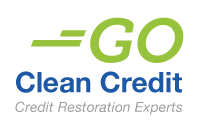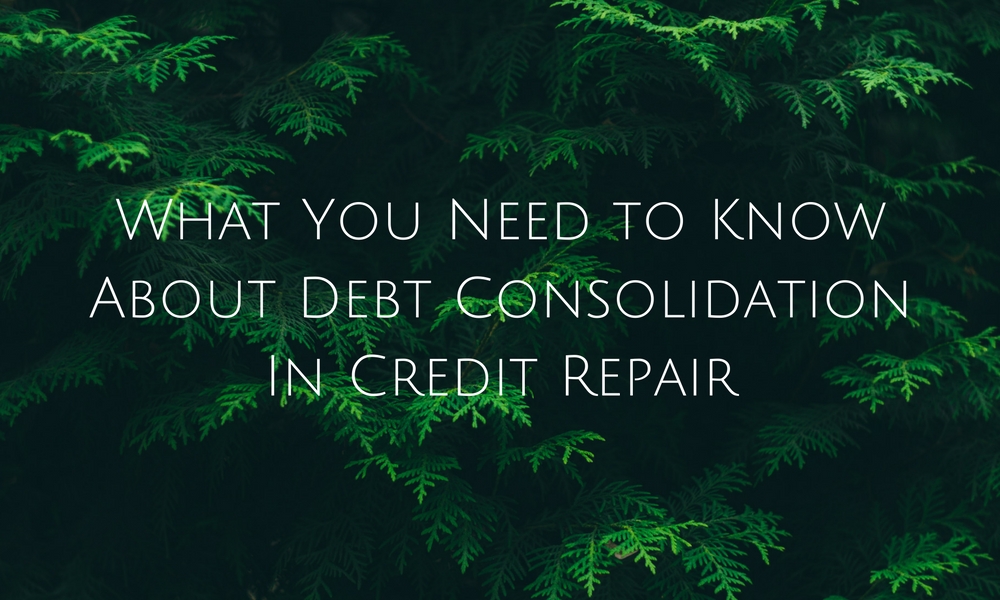If you’re looking to enlist the help of a credit repair company to help boost your credit score, you might also be dealing with some level of debt. The good news is that you have options. Here’s everything you need to know about debt consolidation in credit repair.
Debt Consolidation In Credit Repair: The 101 Rundown
What It Is & How It Affects Your Credit
Instead of paying off several loans with varying interest rates, in a debt consolidation procedure, the balances are collected together in a single loan with a lower or fixed interest rate. Lenders may offer both unsecured personal loans and asset-based secured loans, and the most frequently used collateral for the second choice is a borrower’s home equity. For instance, let’s say your family currently has $35,000 of unsecured credit card debt. Even though you can afford to meet the minimum monthly payments, the variable interest rates on each of your different credit cards makes it hard to proactively pay off debt. You might choose to use your house as collateral to get a $45,000 loan with a fixed interest rate. A home equity loan might then allow you to pay off the credit card bills and focus just on one single loan.
If you choose to consolidate the debt by taking a personal loan to pay off the cards, your utilization ratio could go down, thereby raising your score. This method—in order to work—requires you to leave your credit card accounts open after you pay them off. But your credit rating could go down if an underwriter has reason to feel you could quickly rack up brand new debt on the open (and now balance-free) credit cards.
You might also opt for a credit card instead of a loan. All the same, you are applying for brand new credit, and that translates into a “hard” inquiry into your credit. Anytime that occurs, it takes a toll on your credit score.
Your credit score partially depends on your credit utilization ratio (the amount of debt you carry as compared to the total amount of debt available to you). If every one of your credit cards is maxed out, opening a new one increases your available debt and makes your utilization ratio dip. That could help your score. However, your score will sink whenever you have a high balance on any one card. Thus, if you transfer several balances to one card and approach (or even reach) your credit limit, then your score will suffer even if all your other cards are paid off.
No matter the type of loan, the goal is the same throughout: one loan with one payment.
Pros & Cons
Pros: Aside from securing one loan instead of multiple, debt consolidation has extra benefits:
- Higher credit scores from decreased card balances
- Avoiding the hassle of needing to schedule several payments every month
- A lower or fixed interest rate, letting you pay less every month
- Aggressively paying down debt and focusing on credit repair
- Avoiding late fees and detrimental credit consequences that accompany continual missed bill payments
- Potential tax breaks on loan interest (should you choose to use a home equity or get an additional mortgage)
- Saving money in an emergency fund (while also paying off credit debt)
Cons: Despite the fact that debt consolidation in credit repair might seem like your saving grace, consider the potential drawbacks before starting. Debt consolidation comes with its own risks:
- Paying more money over time. Aside from lower interest rates, debt consolidation loans can present long payment terms. Although you might be paying less per month, the years added to your loan’s life will probably lead to you paying more overall.
- Racking up more credit debt. Some people pay off their cards with a home equity loan—only to run those balances back up later on. Unless you’re completely committed to changing your spending habits, do not consolidate your revolving debts with this method.
- Losing the house. Secured loans can be preferable to unsecured ones, but to ensure this is a good choice, guaranteed repayment is a must. Unpaid credit card debt is subject to collections, while an unpaid home equity loan is subject to foreclosure. Think about your finances prior to risking your entire home.
- Plateaued interest rates. The goal of debt consolidation in credit repair is to pay less per month and get a lower interest rate. Unfortunately, it could be hard to pin down a rate that solves all your financial issues. Unless your debt is currently attached to sky-high interest, it might be best to forgo debt consolidation.
Need to know more about debt consolidation in credit repair? Let us know!
To enlist the help of a trustworthy, effective credit repair company, contact Go Clean Credit today.
No matter what your situation, Go Clean Credit has a solution. We have many credit repair programs that are available to help you overcome your credit situation and place you back on the path to financial success. Real credit restoration is not a once size fits all model and we tailor your needs to the right program, but most people can start for just $99 per month.
We have fixed price programs that get you back on track in as little as 5 months, debt resolution solutions, programs geared toward people who have had recent short sales or foreclosures and many others. Help is just a free phone call away, or you can fill out an appointment request. Contact Go Clean Credit to schedule a free consultation today.

